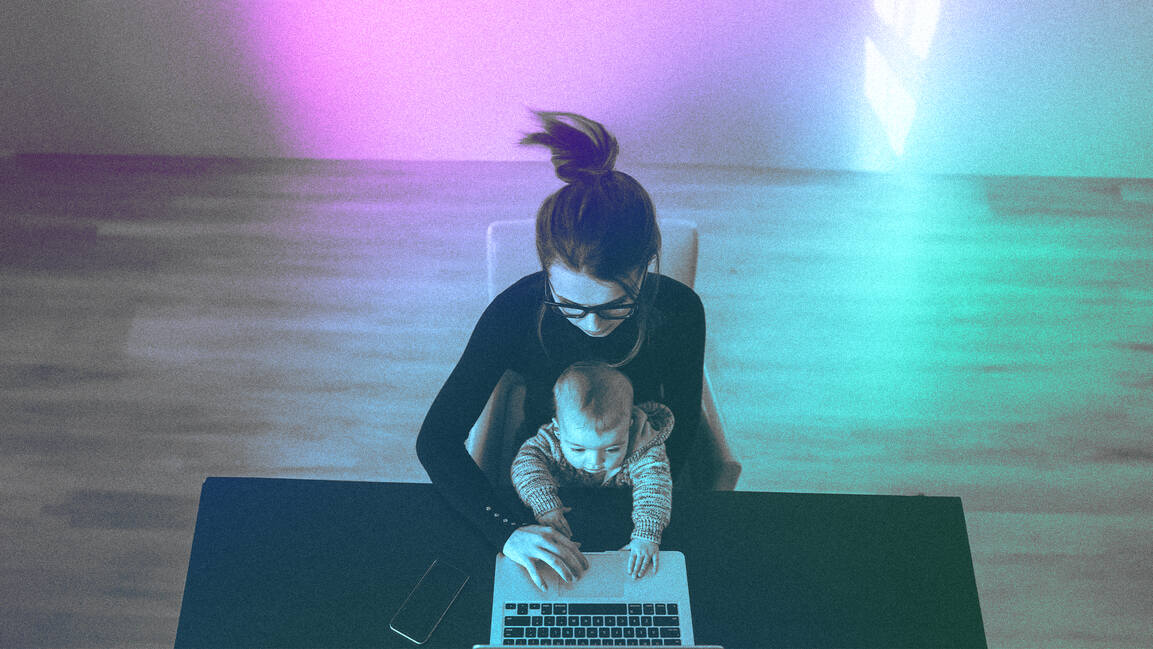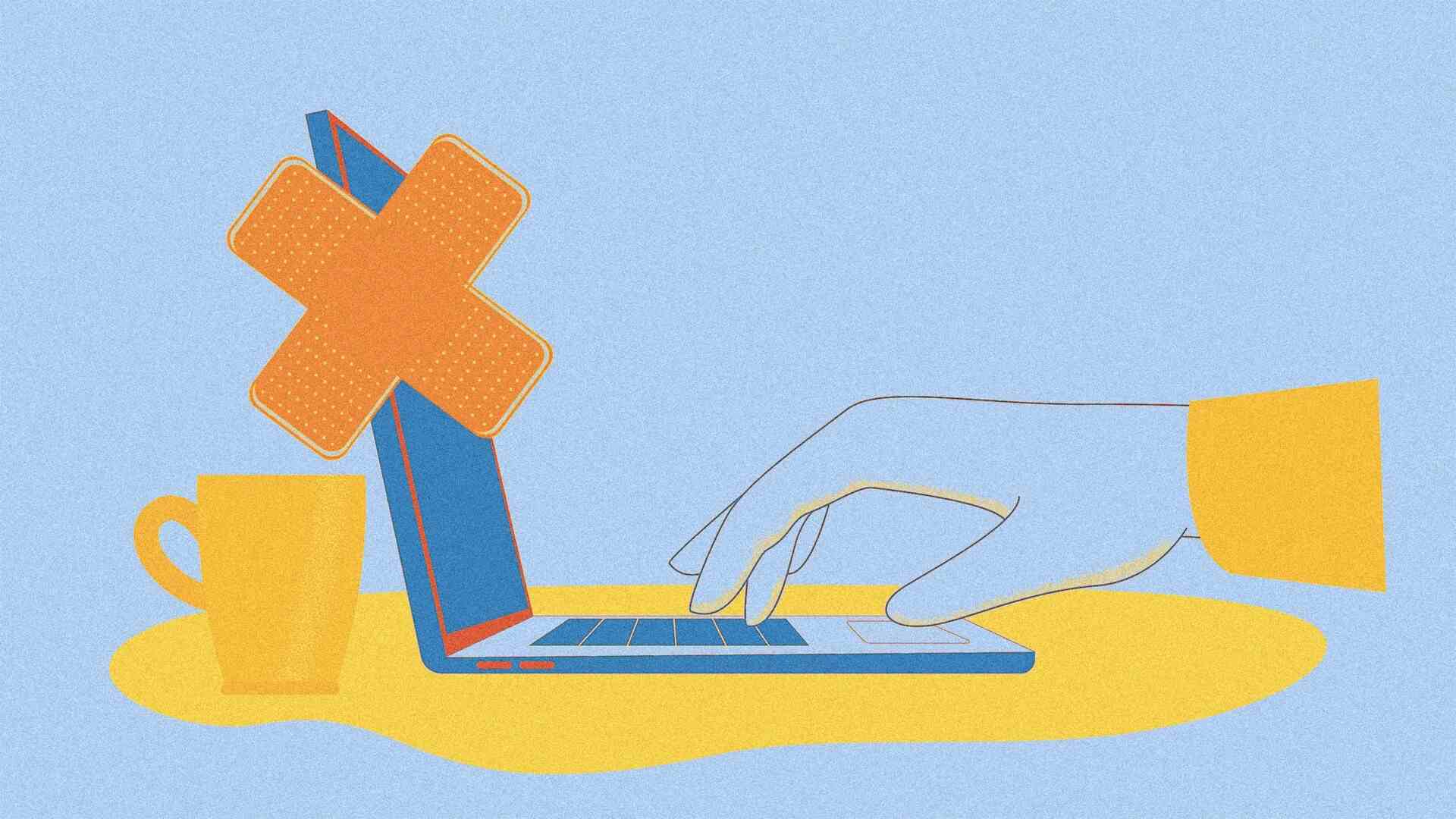- | 9:00 am
Workplaces were never designed for mothers, but the UAE is changing that
Maternity benefits in the country are no longer just about leave—they’re about supporting the full return to work

The UAE is steadily redefining workplace support for parents. With progressive maternity and paternity leave policies and a growing culture of empathy in the workplace, the country is emerging as a regional leader in family-friendly employment practices.
Since 2022, the UAE has expanded maternity leave from 45 to 60 days, with 45 days at full pay and the remaining 15 at half pay for women who have completed a year with their employer. Fathers now receive five days of paid paternity leave for the first time.
These reforms are complemented by government-backed initiatives that encourage companies to create more inclusive and supportive environments for working parents.
But for many advocates, this is just the start.
“As a CEO and a parent, I believe maternity leave is only the beginning of what should be a much broader ecosystem of support,” says Ravi Jethwani, CEO of UAE-based recruitment firm Innovations Group.
“The UAE has made great strides in mandating protections for working mothers, but the true measure of progress lies in how companies voluntarily go further. Many forward-thinking employers are embracing flexible hours, remote work options, and emotional wellness support—not because the law demands it, but because it’s simply the right thing to do,” he says.
Rebecca McGuane, head of corporate wellbeing at UAE-based Lockton Insurance Brokers, notes that even employees who haven’t reached a full year of service are entitled to 60 days of maternity leave, although in such cases, it is generally paid at half salary.
Mothers returning to work are also entitled to nursing breaks—up to two one-hour sessions daily for six months, fully paid by their employer. Legal protections further ensure women cannot be terminated due to pregnancy or taking maternity leave.
“Things are moving in the right direction,” says Lorna King, a workplace culture expert. “When I had my first child in the UAE, I had six weeks of maternity leave. By the time I had my second, that had doubled.”
HOW EMPLOYERS ARE STEPPING UP
Despite these improvements, challenges persist, especially in a country where many residents live far from their extended families. The postpartum period can be isolating, and in the UAE, one in three women is at risk of postpartum depression—a figure significantly higher than the global average. This reality is pushing some employers to expand support beyond legal requirements.
At Crompton Partners, an Abu Dhabi-based real estate agency, efforts to support new and expectant mothers go beyond policy. The company offers flexible start and end times, remote work options, and tailored support packages.
“Depending on the employee’s level and tenure with the company, we have customized support packages as a gesture of appreciation for their long-standing commitment, particularly when returning to work after maternity leave,” says Helen Martin, senior partner at Crompton Partners.
With nearly 75% of its staff being women, Crompton Partners also fosters a family-oriented culture, recently hosting an in-office baby shower to celebrate a team member’s new arrival.
McGuane has seen a shift in how UAE companies approach maternity and postpartum care. “While many stick to the legal minimum, others recognize the importance of supporting their employees through the entire maternity process, from pregnancy to the postpartum phase,” she says.
Some firms now offer extended paid leave, flexibility in scheduling, or the option to extend maternity leave on a case-by-case basis. “More businesses are focusing on flexible working arrangements—offering part-time hours or work-from-home options for a period after returning to work,” McGuane adds.
BEYOND POLICY: A CULTURAL SHIFT
Dubai-based PR agency Katch International is setting a benchmark for family-friendly policies. The firm offers new mothers three months of fully paid leave and three months of work-from-home flexibility. Fathers receive a week of paid leave and an additional month of remote work—benefits that apply regardless of tenure or probation status. The office is also equipped with dedicated nursing or pumping rooms.
“We understand how transformative this chapter of life is, both for new mothers and fathers, and have implemented supportive policies to reflect that,” says Dhara Bhatia, group PR director at Katch. “Recently, one of our team members was able to work from home for six months following her maternity leave, giving her the space and support she needed during that special time.”
Innovations Group has taken a similarly holistic approach, offering flexible work schedules to help new mothers ease back into work.
“We also provide comprehensive health insurance that includes full maternity coverage and extends to the child from birth, ensuring access to the best medical support throughout the journey,” says Jethwani.
King observes that more employers in the region are recognizing maternity support as a strategic advantage, not just a benefit. She cites the Parent-Friendly Label from Abu Dhabi’s Early Childhood Authority as an important initiative, offering companies a framework to create truly inclusive environments for parents.
BUILDING A SUPPORT SYSTEM THAT WORKS
The conversation shifts from how much leave is granted to how well a system supports a mother’s return to work.
“Returning to work is often the most emotionally demanding part of motherhood, yet it’s the least supported. So many women I speak to feel they have to prove they’re ‘still the same’ as before when everything has changed. There’s a friction between holding it all together and showing up fully, creating burnout,” says King.
She believes that what makes a difference isn’t just a generous leave policy—it’s trust and flexibility. “A phased return, remote work options, or simply a manager who asks how you’re really doing can completely change the experience.”
McGuane agrees, noting that a strong internal support system—including colleagues who are parents themselves—can ease the transition. “Some companies are now offering employee resource groups or peer support networks where working parents can share tips and strategies for coping with the return to work,” she says.
“These networks provide a safe space to discuss struggles openly, which can significantly reduce the emotional burden.”
She says, “What’s helping working mothers in the UAE succeed is a combination of employer support, flexibility, and building a strong personal and professional support system.”
As the UAE continues to lead on policy, cultural and corporate shifts will define the next chapter in how the country supports its working mothers.







































